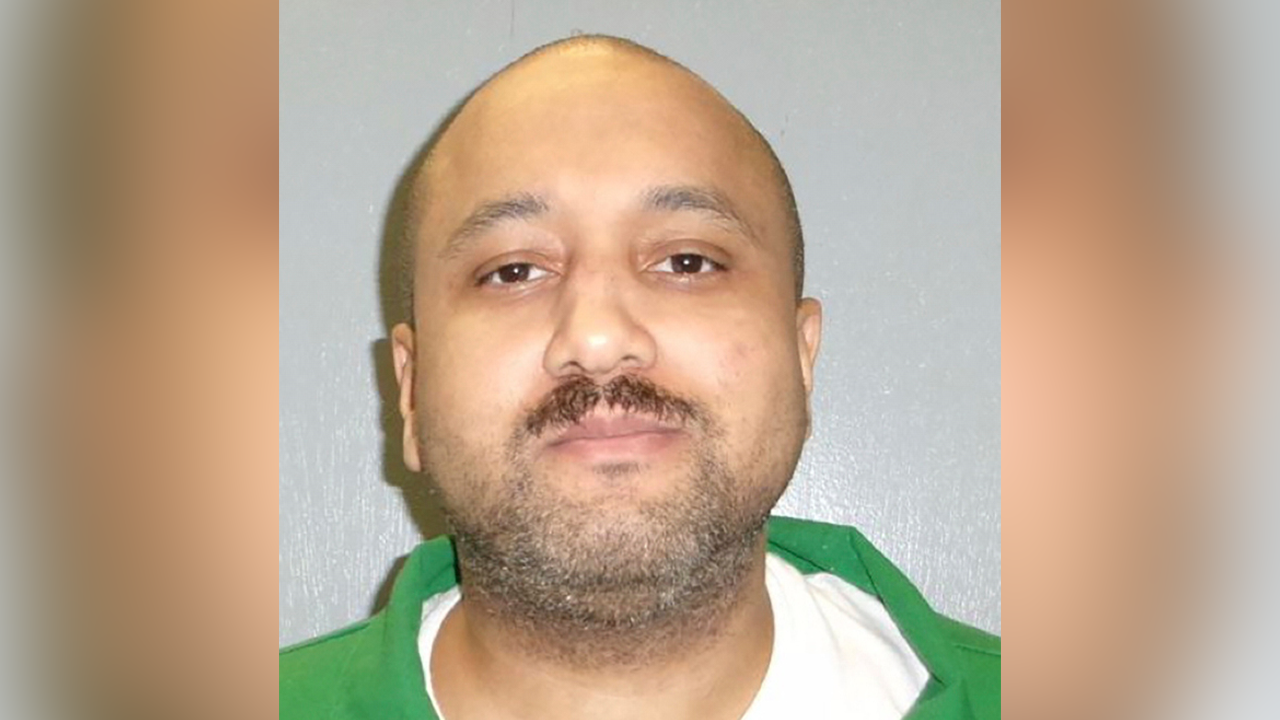South Carolina sets date for 5th execution in under 7 months

South Carolina is gearing up to execute Mikal Mahdi, a 41-year-old inmate convicted of fatally shooting an off-duty police officer. This would mark the fifth execution in the state since it resumed carrying out death sentences in the fall after a 13-year hiatus.
Mahdi is scheduled to be put to death on April 11 at 6 p.m. at a prison in Columbia, according to the state Supreme Court. He has the option to choose between three methods of execution: lethal injection, the electric chair, or a firing squad. Mahdi must make his decision by March 28, or he will face death by electrocution.
In a recent development, Brad Sigmon became the first prisoner in the U.S. to be executed by a firing squad in 15 years when he was put to death in South Carolina on March 7. This method has been rarely used, with only three other inmates in the country being executed by firing squad since 1976, all in Utah.
Three other inmates have been executed in South Carolina since the state resumed capital punishment last year. Freddie Owens, Richard Moore, and Marion Bowman Jr. all died by lethal injection. Sigmon opted for the firing squad due to concerns about the prolonged suffering experienced by the other inmates during lethal injection.
The court has also postponed the potential sixth execution of Steven Bixby, who was convicted in the killing of two police officers in 2003. A judge must first determine if Bixby is mentally competent before his execution can proceed.
Mahdi’s attorney, David Weiss, highlighted his client’s troubled history, which began in childhood. Weiss described Mahdi as a “wounded child in need of support” who was failed by his family and the justice system. Mahdi’s criminal record started in his teenage years, and he has a history of violent behavior.
Mahdi’s crimes include stealing a gun and a car in Virginia, shooting and killing a North Carolina store clerk, and carjacking a vehicle in South Carolina. He ambushed and killed Orangeburg public safety officer James Myers in 2004, before setting Myers’ body on fire.
While behind bars, Mahdi exhibited violent behavior, including stabbing a guard and possessing tools for escape. Despite his troubled past, Mahdi’s family described a chaotic childhood, although no evidence of abuse or mental illness was presented during his trial.
Mahdi pleaded guilty to murder and was sentenced to death by Judge Clifton Newman, who expressed doubts about the death penalty but believed the severity of Mahdi’s crimes warranted the punishment.
South Carolina resumed executions after overcoming difficulties in obtaining lethal injection drugs. The state legislature passed a shield law to protect the identity of drug suppliers and approved the firing squad as an alternative method of execution.
Since the reinstatement of the death penalty in the U.S. in 1976, South Carolina has executed 47 inmates, making it one of the states with the highest number of executions. The state was once known for carrying out an average of three executions per year in the early 2000s.
As the date of Mikal Mahdi’s execution approaches, the debate over the death penalty and the methods of execution continues to be a contentious issue in South Carolina and across the country.




